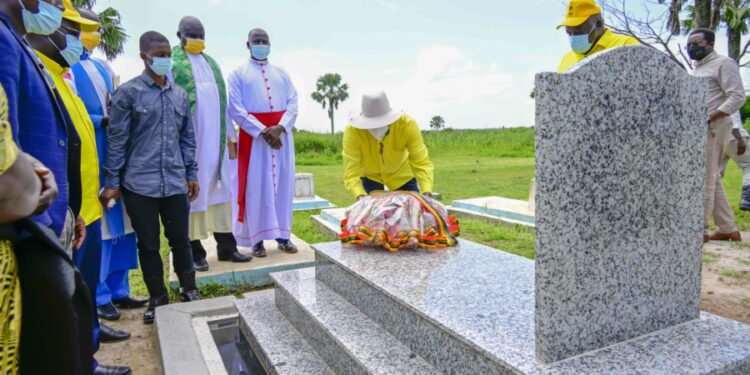Community Development Officers (CDOs) are demanding for transport vehicles to facilitate the implementation of the Generating Growth Opportunities and Productivity for Women Enterprises (GROW) Project.
GROW, is a government of Uganda initiative that seeks to provide women entrepreneurs who want to grow their businesses with access to capital, and train those who want to sustain their self- employment on business governance and financial management. It will be implemented by the Ministry of Gender Labour and Social Development in partnership with Private Sector Foundation Uganda (PSFU).
The project valued at $217 million, approximately 805 billion shillings including USD 40million for Refugees and Refugee Host Districts (RHDs) will be implemented in all districts and cities across the country within 5 years, starting January 2024.
Amongi who described it as “an excellent project” went ahead to explain why the money will be given to women in terms of loans not grants as was expected.
Betty Aol Ochan, the former Leader of Opposition in Parliament who is also the Gulu City MP wondered why refugees and Refugee Host Districts are being considered under this project when there are already many projects targeting strictly refugees.
She also warned politicians against interfering with this projects saying most times Government projects fail because technical officers land in trouble because of politicians.
Dorcus Acen, the Alebtong District Woman MP wants women interested in establishing enterprises or new entrants to benefit from the project.
Meanwhile, Stella Adero, the Chairperson Women Council in Dokolo District expressed concern over how they will benefit from the project saying other government interventions such as Emyooga and Parish Development Model (PDM) left them out.
Launched in March 2023 by President Yoweri Museveni, the project that runs up to 2027 seeks to see 35000 Micro and 4000 small women enterprises transition to small and medium enterprises respectively.
It will also see 60,000 female-owned enterprises including 3000 refugee-owned businesses benefit and to this, 280,000 women entrepreneurs and employees including 42000 refugees.
1.6 million people, including family members, communities, suppliers, service providers, and distributors of women’s enterprises products will indirectly benefit from the intervention which will expire in December 2027.
***
URN
6 total views , 1 views today




























